Real Estate & Construction
- Home
- Real Estate & Construction

Real Estate & Construction
“In the ever-evolving landscape of real estate and construction, innovation and adaptation are paramount. From groundbreaking architectural designs to sustainable building practices, the industry continually pushes boundaries. As urbanization accelerates, demand for residential and commercial spaces rises, driving developers to explore new technologies and materials. Collaborations between architects, engineers, and environmental experts redefine construction norms, prioritizing energy efficiency and eco-friendliness. The sector embraces a future where smart buildings and virtual reality redefine the real estate experience.”
Market Analysis:
– Conduct thorough market research to identify trends, demand, and competition in the local real estate market.
– Analyze factors such as population growth, economic indicators, and infrastructure development to assess market dynamics.
Property Development:
– Plan and execute residential, commercial, or mixed-use property development projects.
– Coordinate with architects, engineers, and contractors to design and construct buildings that meet market demand and regulatory requirements.
Real Estate Sales and Marketing:
– Develop marketing strategies to promote properties for sale or rent.
– Utilize online and offline channels, including real estate portals, social media, and networking events, to attract potential buyers or tenants.
Investment Analysis:
– Evaluate investment opportunities in real estate, considering factors such as ROI, cash flow projections, and risk assessment.
– Conduct financial analysis, including cap rate calculation and property valuation, to make informed investment decisions.
Construction Project Management:
– Oversee construction projects from inception to completion, ensuring adherence to timelines, budgets, and quality standards.
– Coordinate subcontractors, obtain permits, and manage logistics to keep projects on track and within scope.
Technology Integration:
– Leverage technology tools and platforms, such as virtual reality tours, property management software, and project management apps, to streamline operations and enhance customer experience.
Risk Management:
– Identify and mitigate potential risks associated with real estate transactions and construction projects.
– Implement risk management strategies, such as insurance coverage and contingency planning, to protect stakeholders and assets.

